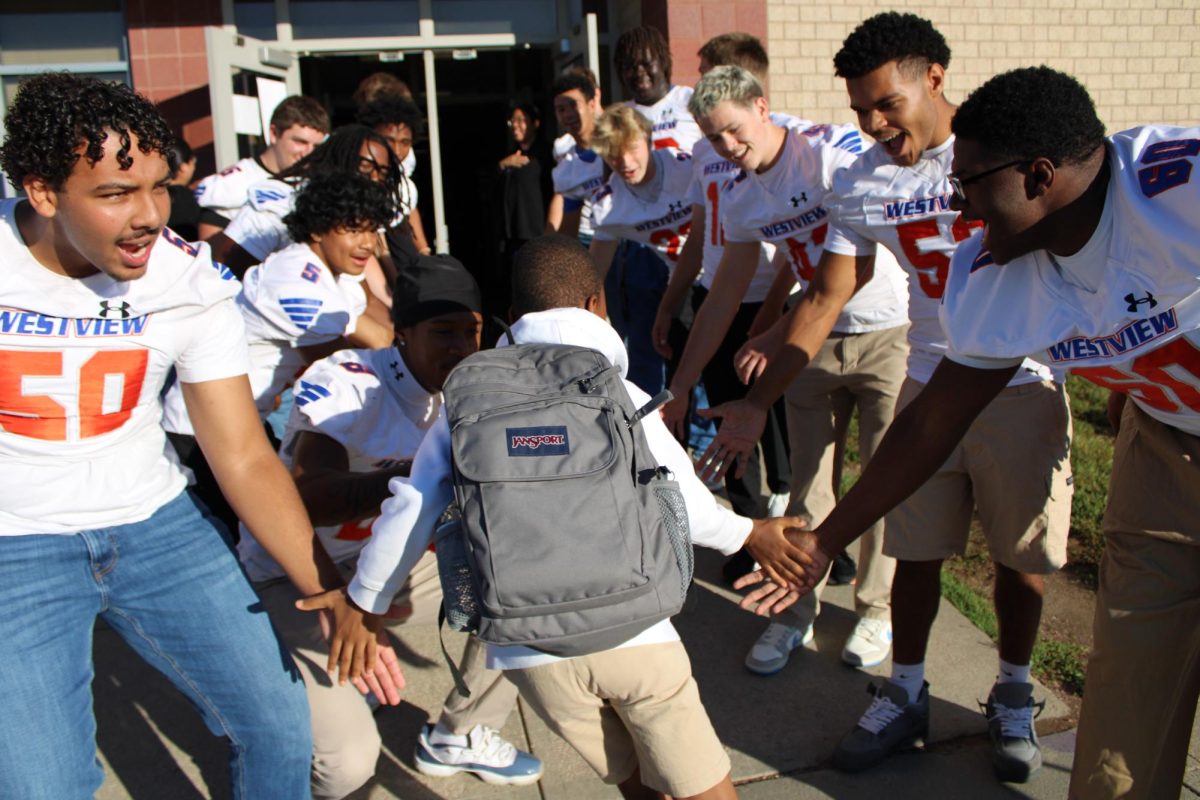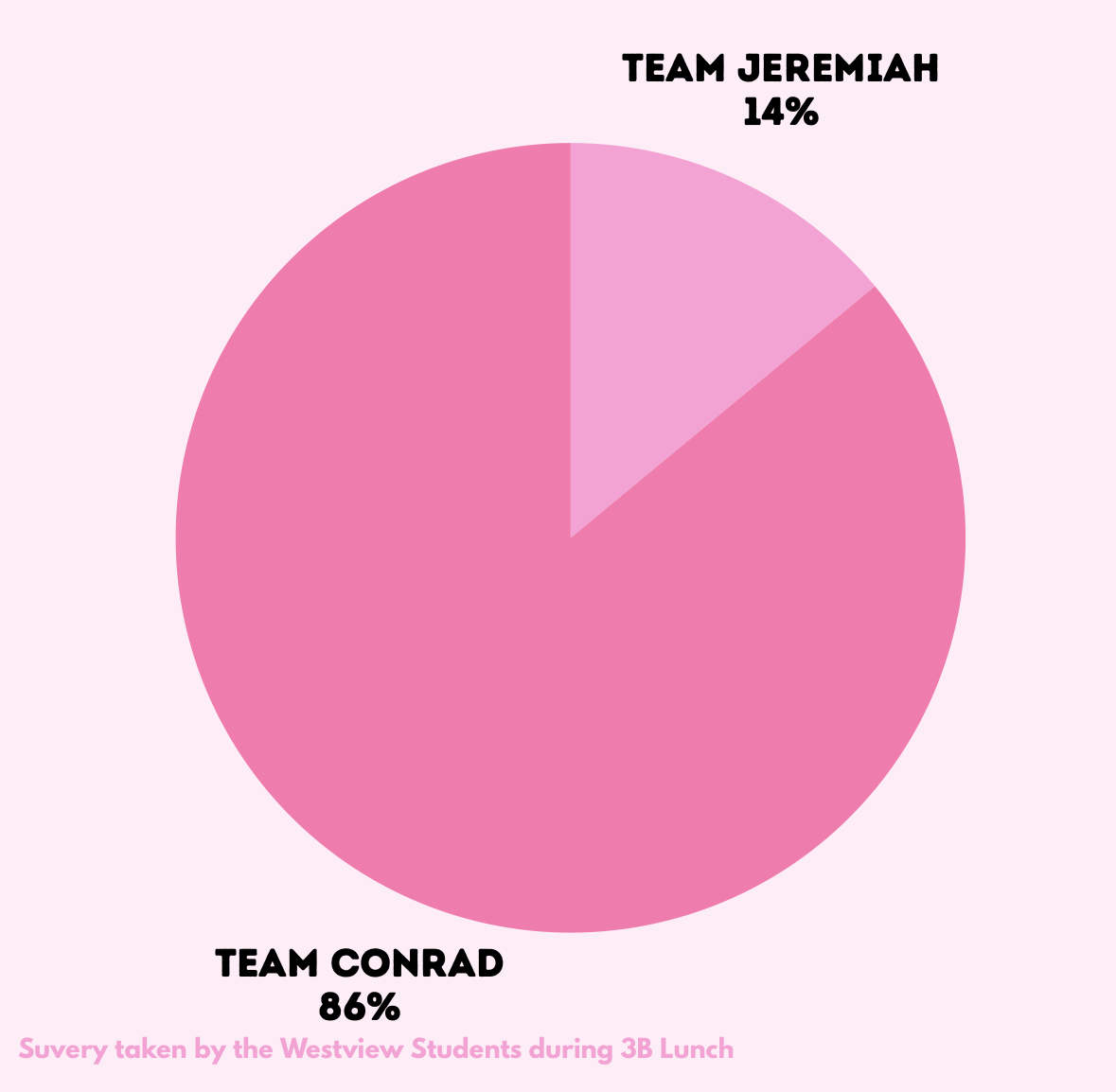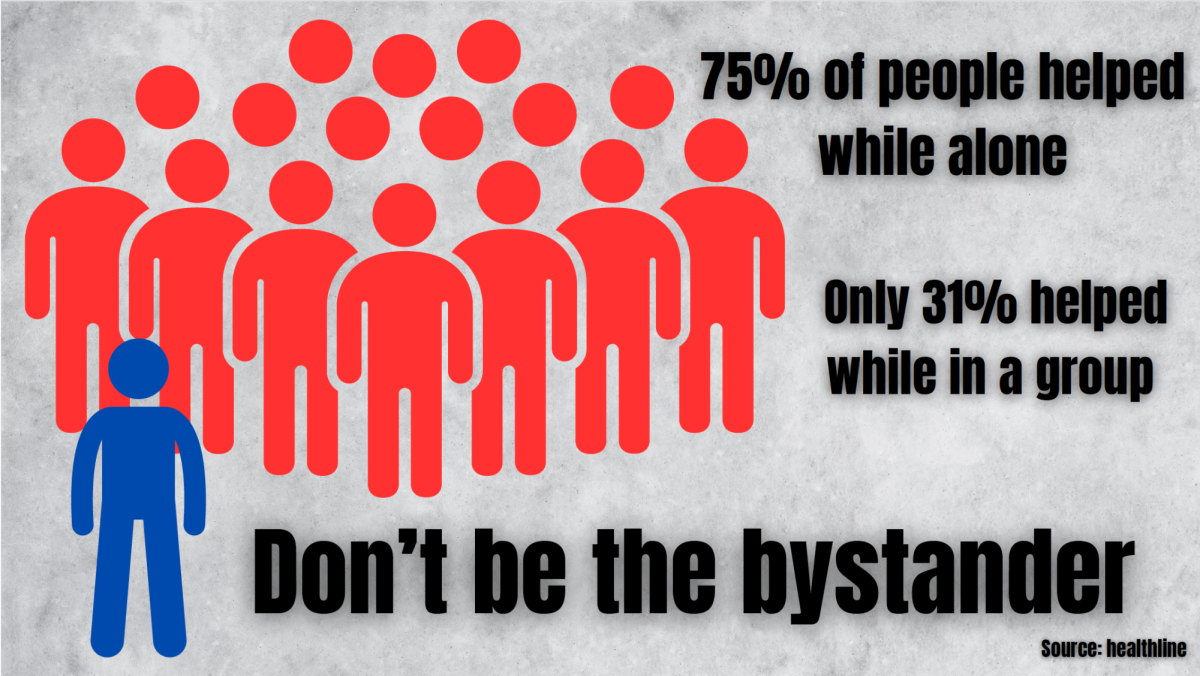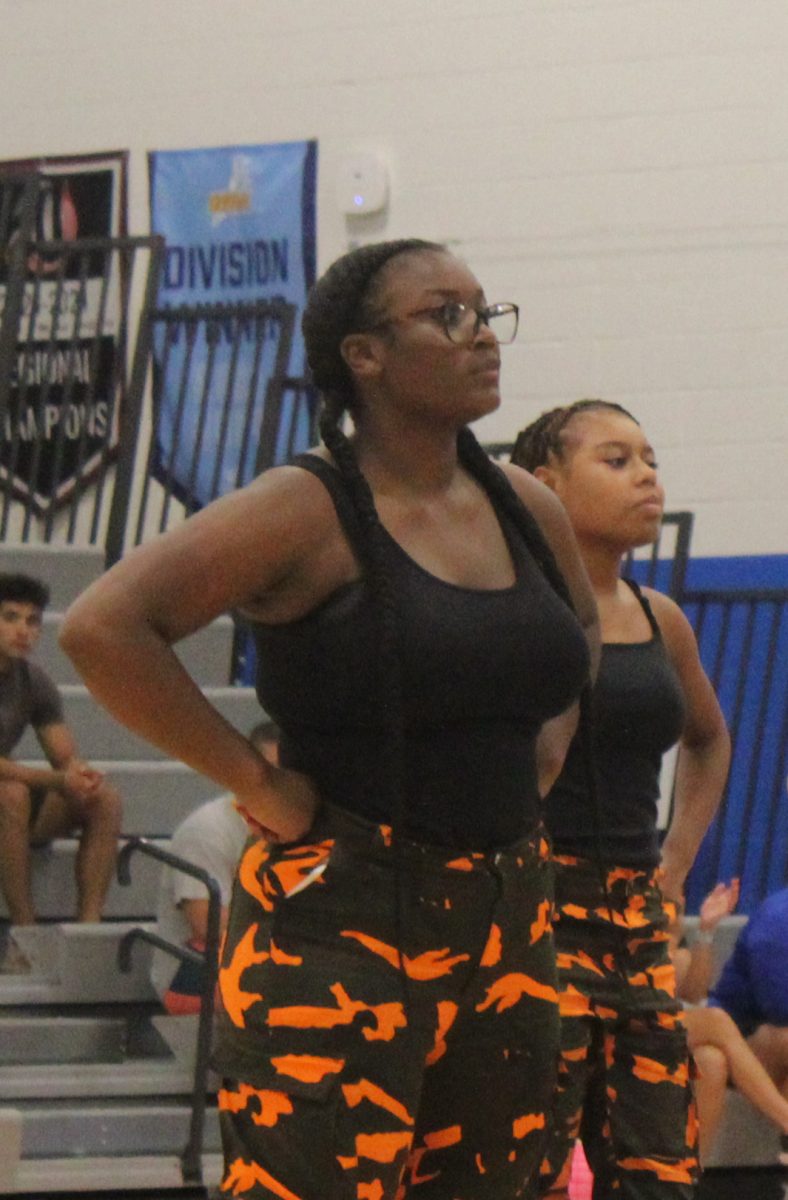LB 140, Nebraska’s new statewide cell phone law, is forcing a change in the way students and teachers at Westview High get through the school day. The rule, which bans electronic devices during class time, has sparked strong opinions across the school.
Opinions on the new law are split. For many, the phone is a lifeline, not just for social reasons, but for personal ones. They feel the new policy doesn’t apply for important, everyday responsibilities.
“I don’t like that new rule,” said Salma Ali, 11. “What if I have to do something very important on my phone, like calling my mom?”
Ali and a lot of other students are concerned that the ban doesn’t account for actual emergencies that happen.
For the juniors and seniors, it comes across as too strict, and they feel like it’s taking away their chance to learn to manage their own time responsibly. Teachers, however, view the law differently.
“It’s almost like a new step for some of us teachers,” said Mrs. Holm, a science teacher. “It’s hard to teach when you’re constantly competing with a phone for a student’s attention.”
Mrs. Holm believes the phone ban will help create a more focused classroom. She explained that she often has to fight with phones for her student’s attention during class, so for her, this new law feels like it’s giving teachers the backing they need to make sure kids pay attention.
Also, if teachers have to constantly police students for their phones, it could harm the trust they have built with them. This might lead to more arguments and less respect in the classroom.
Studies show that cellphones affect student’s grades and academic performance.
“72% of high school teachers consider cellphone distraction a major classroom problem. Excessive and non-academic cell phone use is linked to lower grades, decreased long-term retention, and poorer exam performance,” Kathy Hochul says, New York’s Governor, said.
Excessive phone use for things that don’t relate to school harms student learning, attention, and overall well-being, according to teachers and research. These distractions stop students from fully engaging in lessons, learning new information, and performing well on exams. It also affects their mental health and social interactions.
But getting rid of phones during school hours helps students connect with each other in person. Teachers at schools with these policies have reported seeing students socialize and build friendships more often in the halls and at lunchtime.
After seeing that students were not following the rules, the state decided to pass the new law. If students had followed the rules, the new law might not have been needed. Understanding the exceptions would’ve been helpful, too. Students were allowed to have phones out during lunch, brain breaks, and other exceptions.
Due to Nebraska’s new cell phone law, LB 140, Westview High is implementing stricter rules. While teachers support the change to improve classroom focus, students oppose the limits on their freedom. The new law aims to reduce distractions and balance student liberty with educational priorities.

























